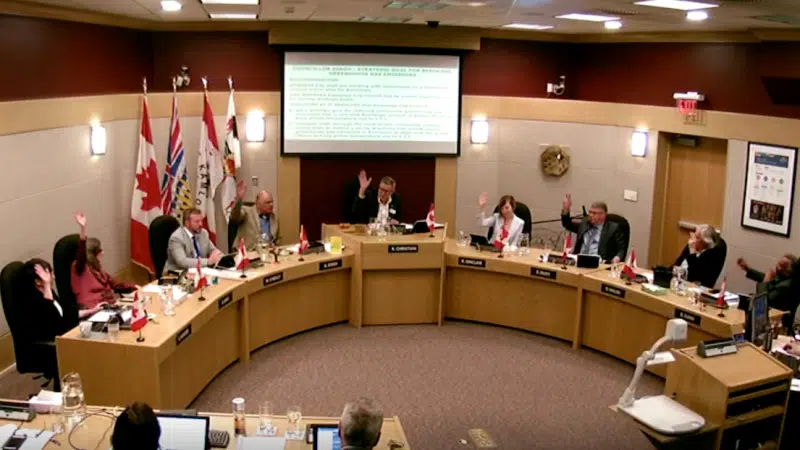
ROTHENBURGER: City council’s toughest choice – green or growth
SELDOM HAS AN ISSUE been so starkly defined within the walls of Kamloops City Hall as during council’s climate change debate.
And never before have we heard Coun. Arjun Singh speak so articulately and passionately as he did when he proposed his motion to set strict targets for meeting anti-climate change goals.
The choice is this: green or growth.
The 8-1 vote in favour of Singh’s motion doesn’t reflect the divergence of opinion on the issue.


